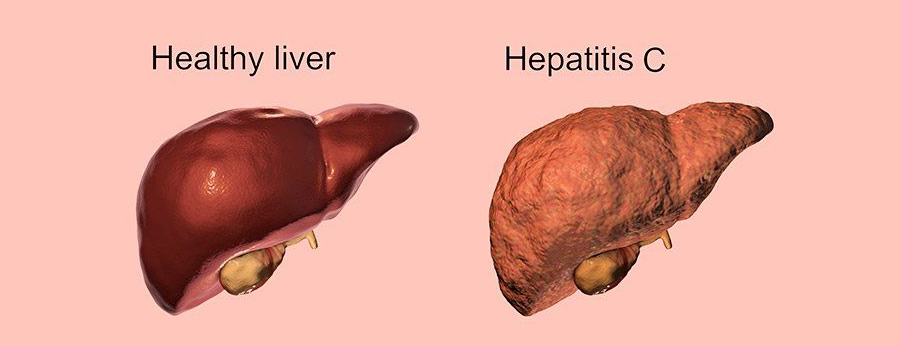
Hepatitis C is a viral infection that causes liver inflammation, sometimes leading to serious liver damage. The hepatitis C virus (HCV) spreads through contaminated blood.
Until recently, hepatitis C treatment required weekly injections and oral medications that many HCV-infected people couldn't take because of other health problems or unacceptable side effects.
That's changing. Today, chronic HCV is usually curable with oral medications taken every day for two to six months.
Still, about half of people with HCV don't know they're infected, mainly because they have no symptoms, which can take decades to appear. For that reason, the U.S. Preventive Services Task Force recommends that all adults ages 18 to 79 years be screened for hepatitis C, even those without symptoms or known liver disease. The largest group at risk includes everyone born between 1945 and 1965 — a population five times more likely to be infected than those born in other years.
Long-term infection with the hepatitis C virus is known as chronic hepatitis C. Chronic hepatitis C is usually a "silent" infection for many years, until the virus damages the liver enough to cause the signs and symptoms of liver disease.
Signs and symptoms include: